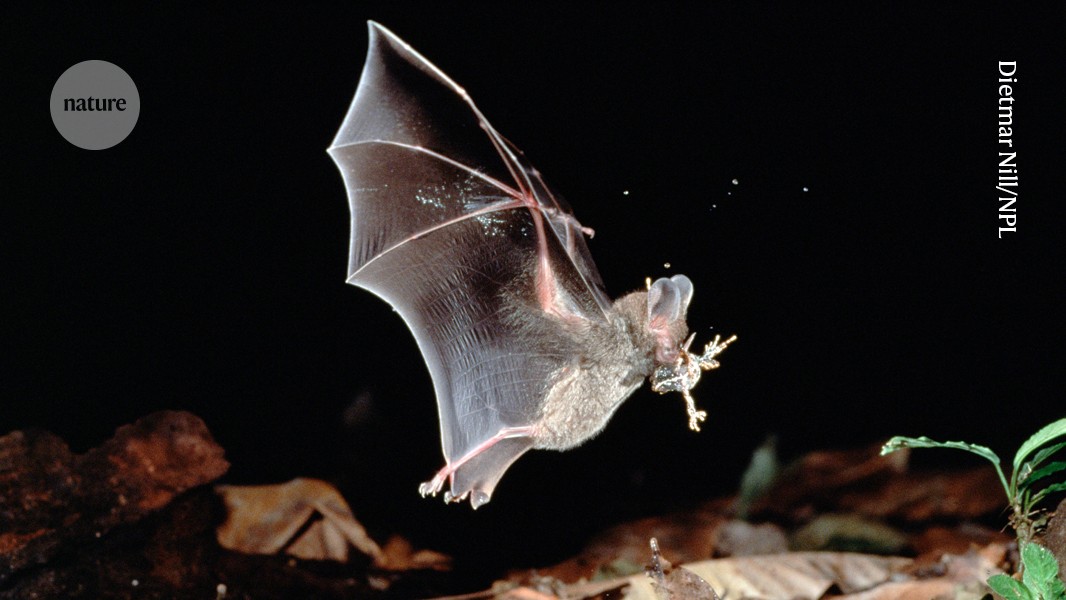
"Large predators typically seek large prey, which can compensate for a low rate of success at capturing their targets."
"Small predators, by contrast, usually graze on small animals that are abundant and easy to catch, such as insects."
"Some bat species break this rule, going after vertebrates near their own size, such as frogs and birds."
Large predators typically select large prey because a single successful capture yields substantial energy, compensating for a generally low capture rate. Small predators generally consume numerous small, abundant, and easily captured animals such as insects, relying on high encounter and capture rates. Certain bat species deviate from this pattern by pursuing vertebrate prey near their own size, including frogs and birds. These bats accept lower capture probabilities per attempt in exchange for higher caloric payoff per successful capture. Prey-size selection reflects trade-offs among energy gain, capture success, prey availability, and hunting constraints.
Read at Nature
Unable to calculate read time
Collection
[
|
...
]